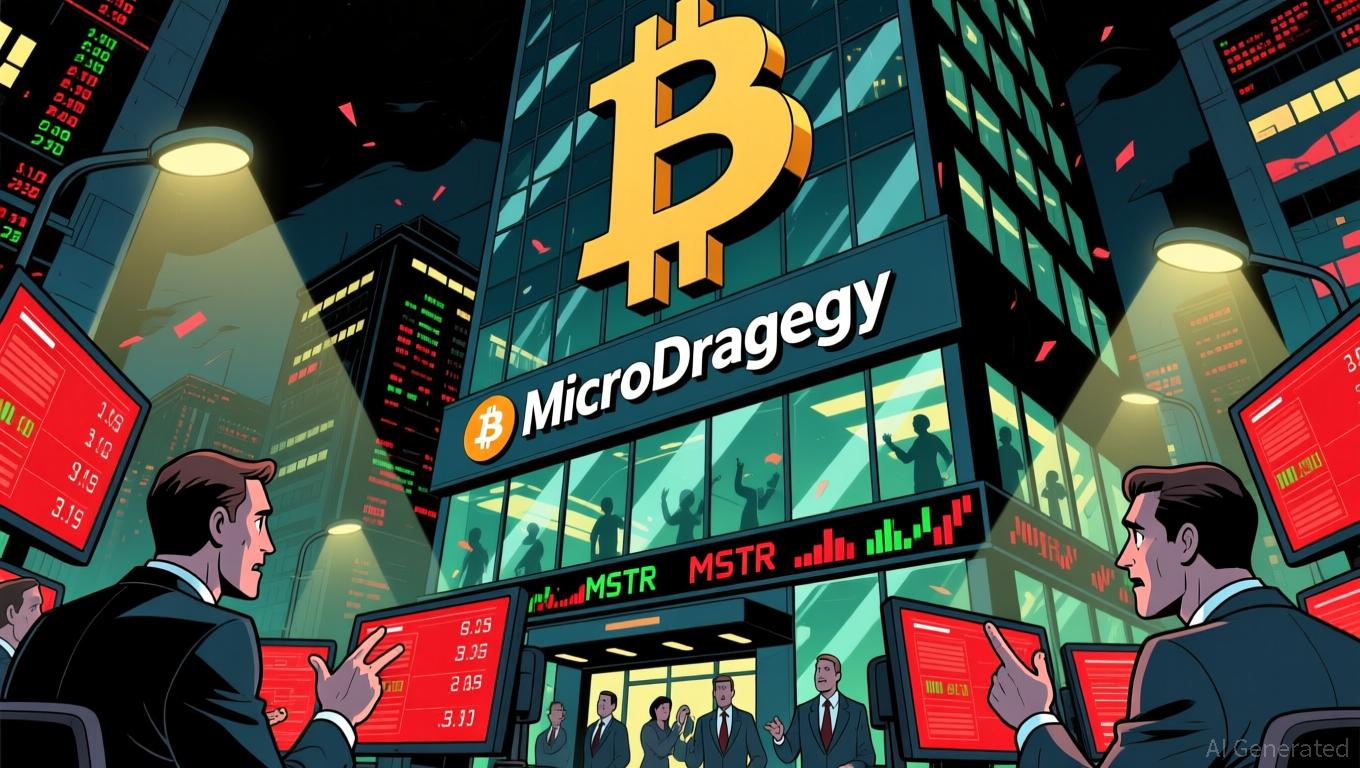
- Organised crime groups run scam operations from Southeast Asia.
- The US DOJ seized $112 million in crypto linked to these scams in 2023.
- Chainalysis reported scam revenues reached $9.9 billion in 2024.
Pig-butchering scams, once seen as consumer-level fraud, have quietly evolved into a global web of organised crime.
With links to human trafficking, cryptocurrency abuse, and international money laundering, authorities are now viewing these scams as matters of national security.
In a recent Chainalysis podcast , Andrew Fierman, the firm’s head of national security intelligence, and Erin West, a former prosecutor and founder of Operation Shamrock, discussed the evolution of pig-butchering scams.
They painted a chilling picture of how the fraud has transformed from digital deceit to a full-blown transnational crime model.
The scam involves creating trust-based relationships with victims over time, sometimes romantic, sometimes platonic, before luring them into bogus cryptocurrency investments.
Funds are then siphoned through fake platforms and disappear into an opaque crypto network.
Southeast Asian compounds and forced scam labour
Pig-butchering operations are no longer run by isolated hackers. Fierman and West explained that many are now backed by sprawling fraud rings operating across Southeast Asia.
These rings run dormitory-style compounds where trafficked workers, often victims themselves, are forced to operate scam networks.
In 2023, the US Department of Justice (DOJ) seized around $112,000,000 in crypto tied to such schemes.
However, according to Chainalysis, the problem has grown rapidly.
Scam-related revenue in the crypto space exceeded $9.9 billion in 2024, with pig-butchering scams alone increasing by nearly 40% compared to the previous year.
Victims often suffer more than once. After being drained of their initial funds, many receive follow-up messages from fraudulent recovery companies offering to “help” retrieve their lost assets.
These secondary scams use the same tactics, often targeting victims again by using lists sold among fraud rings.
Using blockchain visibility to fight back
While pig-butchering relies on exploiting emotions and trust, the infrastructure often moves through traceable digital rails.
Fierman suggested that this is where blockchain transparency can be turned against the scammers.
By tracking wallet flows and transactions on-chain, regulators, exchanges, and virtual asset service providers (VASPs) can intervene.
This is particularly possible at the point of cashing out, which remains the critical vulnerability for these operations.
Efforts are being made to freeze and reclaim these funds.
In August, a joint action by APAC law enforcement agencies and firms like Chainalysis, OKX, Binance, and Tether resulted in freezing $47,000,000 tied to pig-butchering schemes.
DOJ leads with new task force
The US is treating the matter seriously.
On 12 November, the DOJ announced the launch of a new “Scam Center Strike Force”.
This unit will specifically target transnational crime syndicates linked to Southeast Asia that have engineered these elaborate crypto investment frauds.
The strategy goes beyond arrests.
It involves targeting facilitators of the scam economy, including those offering payment solutions, managing the digital platforms, and providing banking rails.
This approach includes sanctions, indictments, and diplomatic efforts designed to pressure bad actors across borders.
Erin West stated the need to use all available legal and technical tools in this battle.
Disruption at scale, especially across the entry and exit points of crypto fraud, remains the immediate priority for law enforcement.
Common tactics and growing digital risks
The core mechanics of pig-butchering have not changed, even as the scale and coordination have grown.
Scammers still initiate contact over messaging platforms, using charm and emotional manipulation to build trust.
Fast declarations of love, secrecy about personal details, and the push toward investing in a “guaranteed” crypto platform are major warning signs.
These scams often include screenshots showing fake profits to pressure victims into depositing funds.
Once in, victims are encouraged to invest more before being ultimately locked out of the system.
Now, however, these scams sit within a broader framework of crime that merges human exploitation and financial laundering.
Victims are no longer just people who lose their savings.
They are also unknowingly interacting with a global machinery that fuels trafficking and cross-border criminal finance.




